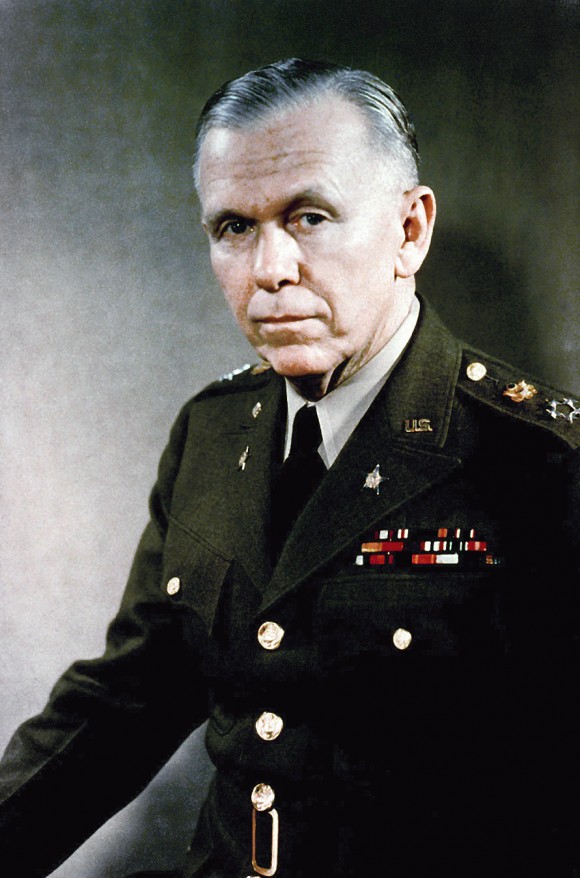Prior to the Civil War, Robert E. Lee was a well-respected military officer, particularly revered for his moral character. He had demonstrated courage on the battlefield, temperance with his wife (who had a habit of overspending), and honesty, sociability, fairness, and self-control, and modesty as a military leader — easily meeting the characteristics of a moral person as described by Aristotle. On the last two points, Lee is quoted as having said,
“I cannot trust a man to control others who cannot control himself.”
and…
“I tremble for my country when I hear of confidence expressed in me. I know too well my weakness, that our only hope is in God.”
Using Velasquez’s virtues, Lee exhibited all of them: perseverance, public-spiritedness, integrity, truthfulness, fidelity, and benevolence. As an ethical military leader, Lee checks all of the boxes from Northouse (2013): Respect, Service, Justice, Honesty, and Community.
The problem, of course, is that Lee fought for the wrong side.
Lee and his wife, Mary Custis Lee, lived in Northern Virginia on a large piece of land. Their family and the others that lived there were slave owners. Robert and Mary, like just about everyone in the community, were devoted Christians — Episcopalians.
Understanding how devoted Christians in the mid-1800s can be slaveowners is not particularly difficult. The Bible is actually full of verses advocating slavery (See Leviticus 25:44-46, Exodus 21:20-21, Ephesians 6:5, Galatians 5:1, Colossians 4:1, etc.). Before the start of the Civil War in 1861, the morality of slavery was indeed a debatable question for many people.
The Lees were somewhat progressive, as ‘southern’ families go. When Mary and their daughter wanted to set up a school to teach slaves to read — an activity that was totally illegal in Virginia — Robert supported them completely. Lee actually believed that slaves — at least those he had been exposed to in Northern Virginia, a border area where slaves were treated much differently than those on plantations farther south — were better off in the United States than they would’ve been in Africa. He thought that their situation was a temporary step toward a better (free) life in America. Still, he recognized that at its core, slavery was evil, for everyone involved. Writing to his wife in 1856, 5 years before the war, Lee said:
“In this enlightened age, there are few I believe, but what will acknowledge, that slavery as an institution, is a moral & political evil in any Country. It is useless to expatiate on its disadvantages. I think it however a greater evil to the white man than to the black race…”
Lee and his family also recognized that, in 1861, when southern states were threatening secession from the United States, that it would be a very bad choice for Virginia. It was the last thing he wanted.
And yet, when Virginia did secede, and despite being offered leadership of the US (Northern) army, Lee chose the Southern cause. Despite his misgivings about slavery and secession, he decided to lead the Army of Northern Virginia in the coming Civil War.
In his book, Robert E. Lee, Roy Blount Jr. writes, “The decision was honorable by his standards of honor—which, whatever we may think of them, were neither self-serving nor complicated, thought it was a bad idea for Virginia to secede, and God knows he was right, but secession had been more or less democratically decided upon.”
Lee probably did not think of himself fighting on the slavery side of the Civil War so much as he was fighting on the side that it was his duty to fight on. In fact, in 1862, a year after the war had started, Lee freed all of the slaves at his home of Arlington House. So, by the end of the end of the war, the man running the Confederate Army was not, himself, a slave owner, and did not want to be.
Less than 100 years later, another leader fought on the wrong side. Erwin Rommel, the WWII German general known as the Desert Fox, was, by all accounts, a great military leader, respected by his soldiers and his enemies alike. He was not a Nazi, and in fact despised the Nazis. Because of his involvement in a plot to assassinate Hitler, Rommel was given a choice to take a cyanide capsule, or face a public trial (and repercussions that would affect his family). An honorable man, a hero to his country, and a great leader, Rommel chose to commit suicide.
Ethics in leadership is a very difficult notion to ascertain, particularly when looking at leaders in history. Morality today, in our particular situation, is far very easy for us to recognize. Ethical behavior is a no-brainer when we are far-removed from the ‘bad guys’.
Lee would live with the consequences of his decision to lead for the wrong side. Despite what he believed were his best, most Christian, and most ethical efforts, Robert E. Lee’s legacy is one of a great leader, marred by the stain of slavery. His home and lands in Northern Virginia were seized by the Union army, and — in part to ensure he could never really return to his home — the lands were turned into a cemetery for Union solders — Arlington National Cemetery.
References
Blount, Roy Jr. Making Sense of Robert E. Lee, Smithsonian Magazine, July 2003
Northouse, P.G. (2013). Leadership: Theory and Practice. Los Angeles: Sage Publications



